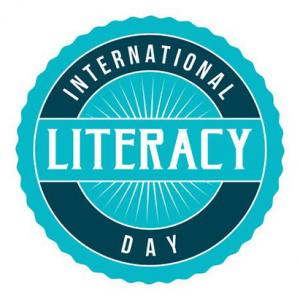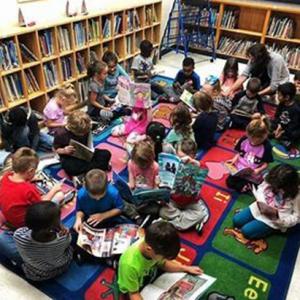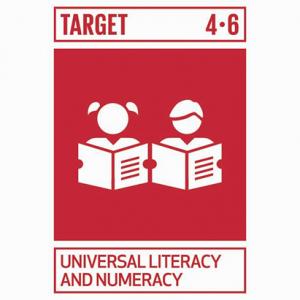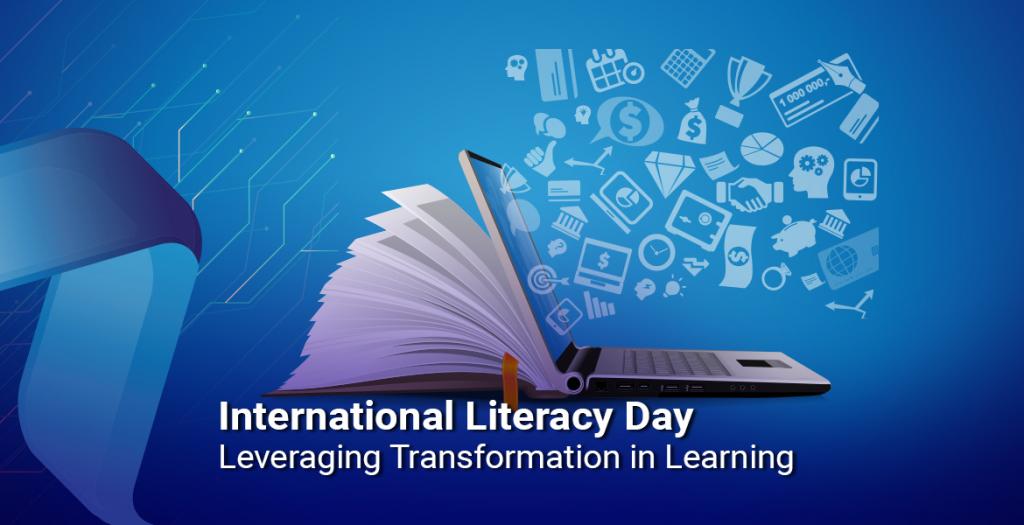“Education is the most powerful weapon with which you can change the world”
Nelson Mandela

International Literacy Day is celebrated every year on September 8, to raise global awareness about the importance of literacy. The Day was marked for the first time in 1967.
Transforming Literacy Learning Spaces
People above 15 are considered ‘literate’, if they can read, write, and can understand simple everyday life statements. Interestingly, abilities like reading food packs, menu cards at restaurants, or medicine strip details are literacy parameters, among many others. Transition of learning, imparted to learners in various dynamic life-stages: brick-and-mortar school buildings replaced by online classes, second-shifted by geo-politics triggered mass-displacements, is the template here. A staggering 781 million illiterate adults, with women twice the number of men, populate the world, and their physical, emotional, and economic well-being is uncertain.

https://www.prairiesouth.ca/international-literacy-day-2019/
Factors Leading to Situation at Hand
According to a report by UNHCR, 100 million people have been displaced owing to political instability and acrimonious relations between nations. One of the documents of UNESCO; the CONFINTEA VII Marrakech Framework for Action proposes to make adult education a continuous process to curb the menace. Some leading factors which have led to the present-day condition of literacy include disproportionate access to Information and Communication Technology (ICT), uncertain electricity and household internet supply, lagging technological facilitation, poverty, ethnicity, language diversity, and geographical location, among others.

Stakeholders Needing Immediate Attention
Research data reveals 11 million girls and young women out of the 24 million overall ‘deprived’ learners affected in the COVID-19 time might never return to formal education, even as the pandemic scare ends. Youth in rural settings and in impoverished urban environs need, not only literacy, but numeracy and education as well, going by SDG Target 4.6, with the timeline fixed for end of the year 2030. Further, the purpose is to provide quality, equitable, and inclusive education for all.

Efforts by the UN
The UN has consistently been working towards spreading literacy throughout continents. The day is celebrated at the National and local level in schools, community centers, NGOs, etc. with the perspective of reaching out to one person at a time. It is looking at a ‘new’ generation of learning spaces: community halls, individual homes connected to the internet and other spaces where night schooling is safely possible, in a bid to cater to this transformation.
Some of the most flexible modifications that have taken place post Covid-19, have made digital learning platforms, mainstay. This has re-defined the learning paradigm. Digital literacy, learning and numeracy have stayed with the masses. Theme for this year’s Literacy Day, is hence, justified.

Scope for Learning thru Digital Platforms
Digital literacy involves information, technology, and media, and is vital to Life and Career skills. It is a matrix of many dynamic elements and offers learning opportunities. It is not aligned purely to STEM areas, but rather, is an even spread. Social media has come out as the most impactful tool and expression of the digitally literate, and acts as a tutor to the novices. Most universities today offer several learning programs from the life-long learning aspect. Digital literacy is mostly spread thru DIY modules, and is thus, empowering.
With traditional schooling re-defined by the digital flow, literacy and learning are very accessible. Some encouraging statistics support this though. Countries like Albania have registered 97% literacy rate, by tapping the dual (offline and online) literacy and learning opportunity before them. The same can be said about Andorra, the most literate European country and Scandinavian countries like Greenland and Finland (with 100% literacy rates in all three). Globally, 90% males and 82.7% females are literate and in India, 96.2 percentile Keralites followed by 88.7 percentile Delhites are literate.
Literacy helps share informed opinions, express in moderation, and use digital communication modes, seamlessly, apart from its many other virtues.
On this International Literacy Day, let us add to the chances of living well for everyone.
www.ungeneva.org/en/news-media/news/2022/05/unhcr-record-100-million-peo…
https://www.scribd.com/document/292933477/WARSCHAUER-MATUCHNIAK-201
https://research.ou.nl/ws/files/1005151/Experts’ Views on Digital… · PDF file






